But there are also times when trying to lose weight can be unhealthy and even harmful to you — both emotionally, and physically.
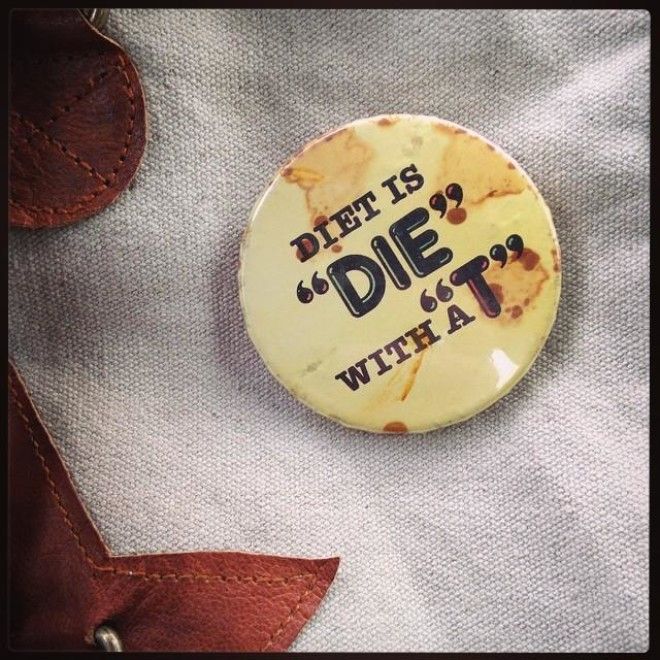
To understand the different signs you should be looking for from your body and mind about when it might be time to stop trying to lose weight, BuzzFeed Life spoke with Mary Pritchard PhD, professor of psychology at Boise State University and creator of 30 Days to BodyLove and Aaron Flores, RDN, California-based nutritionist specializing in intuitive eating and Health at Every Size (HAES).
Here’s are the signs they said to look out for.
1. You’re hungry AF all the time.

If you’re constantly hungry it means that you’re just not eating enough to make your body feel full. Though you may think feeling hungry is NBD and a natural side effect of dieting, Flores explains that it’s important to pay attention to these cues because they’re how your body
tells you what you need and when you need it. The longer you train yourself to ignore them, the more confused you may get about how to understand your own internal cues in the future — which can create an unhealthy relationship with food that will be hard to unlearn.
2. You think you will only be happy once you hit your weight loss goal.

If you’re extremely dissatisfied with your body — like, you’re always talking about or thinking about how “fat” you are, for example — and think the only thing that will make you feel better is changing your body into some idea of “perfection,” chances are your relationship to your body and to what you eat has morphed into something obsessive.
3. You decide to stuff yourself one more time, promising to start back up on your diet tomorrow. (Over and over.)
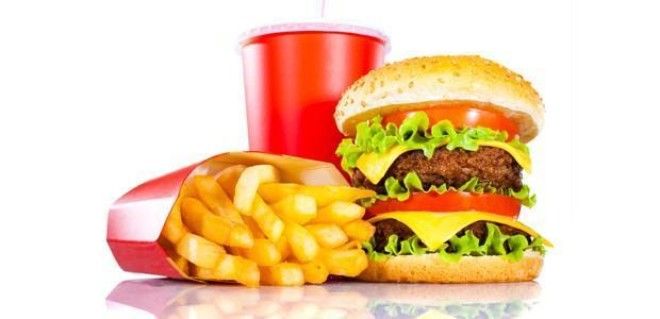
The “last supper effect” is what Pritchard calls it when you repeatedly give yourself an epic last opportunity to eat anything you want and in any amount with the intention that you’ll get back on the horse “tomorrow.” And usually it ends with feeling your hard work has been
derailed and that you’ve been “bad.” She says that is common for people who deprive themselves of food they really want (or in amounts they really want) for long periods of time.
4. You have a lot rules about food.
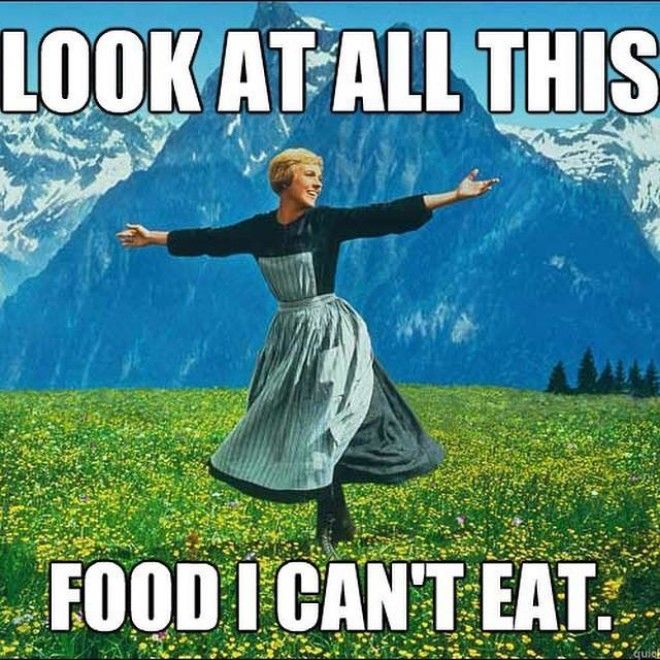
“One of the biggest warning signs I look for is rules,” Pritchard says. For example, when people assign value like “good” or “bad” to certain foods or declare a time of day when they must stop eating, these are signs that they might have developed an unhealthy relationship to food brought on by dieting, and should give dieting a rest.
5. You’re binge eating or constantly fighting the urge to binge.
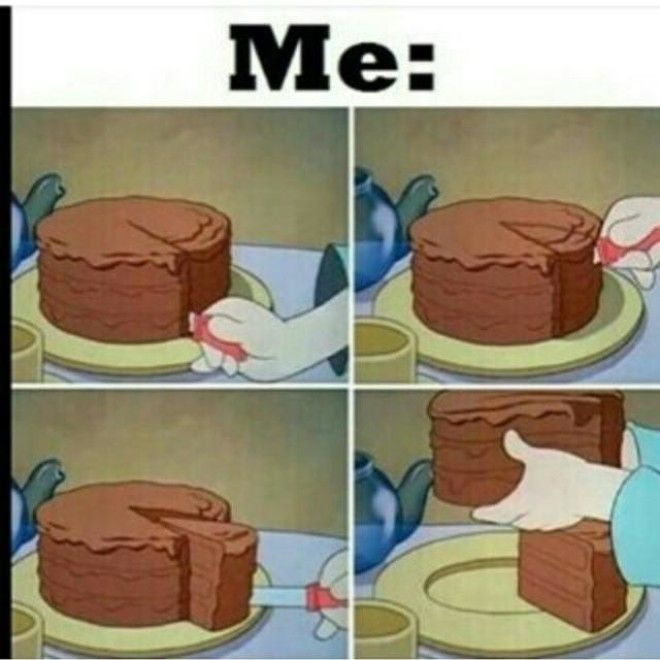
“The deprivation mindset is when you want to binge on everything you ‘shouldn’t have’,” says Pritchard. “When you find yourself thinking ‘I’m going to kill someone if I don’t have a doughnut,’ that’s a sign that you should maybe have a doughnut.”
And might actually be sort of inevitable if you’re a longtime dieter. Pritchard says that the research suggests that if you calorie-withold
and deprive yourself long enough, you’ll eventually want to binge.
6. You’re irritiable and moody.

Or maybe you call it being hangry. Pritchard says that mood swings and irritability are common responses to low blood sugar which happens when you’re just not eating enough or often enough.
7. You stopped getting your period.
It’s a common belief that people lose their periods because they’ve gotten super skinny. Pritchard explains that regardless of your weight, when your metabolism slows down because you’ve been restricting calories, your body, in an effort to be more efficient, will put a halt to producing reproductive hormones and your period may stop. This is a sign that you’ve possibly taken your dieting to an unhealthy extreme and you need to give your body a break.
8. You’re not really that hungry at all and your appetite seems to have gone on vacation.

So, you had a light breakfast and a small lunch and had a pretty intense workout this morning. Now it’s almost dinner time and you realize that even though you haven’t eaten in hours you’re not even a little hungry. If you’ve restricted calories for long enough that you’ve gotten used to ignoring hunger cues, chances are your body will stop sending them, says Flores.
9. You’re depressed and/or anxious.

When your body isn’t getting the carbohydrates it needs to make serotonin, the neurotransmitter that regulates mood, you won’t just be hangry, you can get anxious and depressed, explains Pritchard.
10. You think of dieting and/or exercise as punishments.
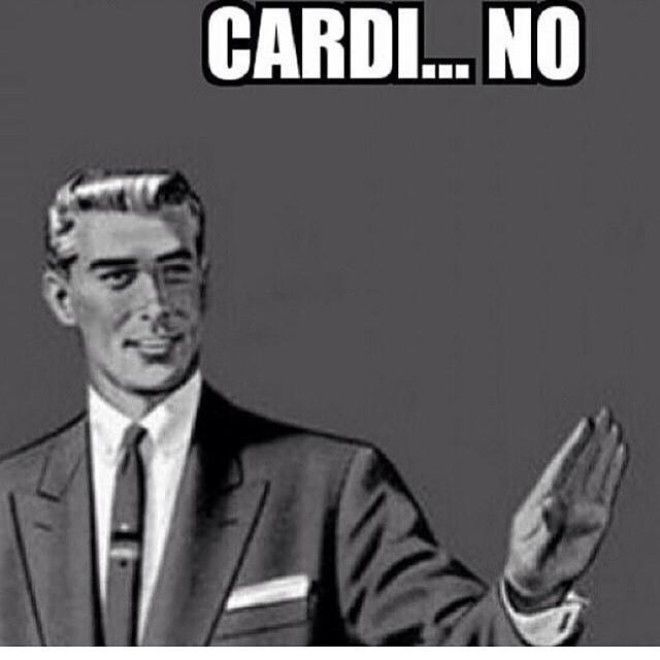
If you hate your diet and dread your workouts but feel like you have to stick to both, chances are you’re going to be miserable. But Flores says that many people are hesitant to part with restrictive or punishing behaviors like calorie-counting and forced workouts because they’re afraid that if they take one day off the gym or eat one dessert, they’ll slide back into a routine of unhealthy habits.
Flores recommends learning to trust yourself with food and exercise by doing some kind of exercise that you enjoy that also provides a mental health benefit. “Figuring out ways to honor your body in some sort of self care on a daily basis helps you build that trust,” he says.
If you hate running but love going hiking with your friends, stop running and start hiking!
11. You’re really tired always.

Being exhausted all the time is a sign that you’re not eating enough and your body wants more energy than you’re giving it. “That’s a clear sign your body is telling you ‘I need a break,’” Flores says.
12. You don’t really enjoy eating.
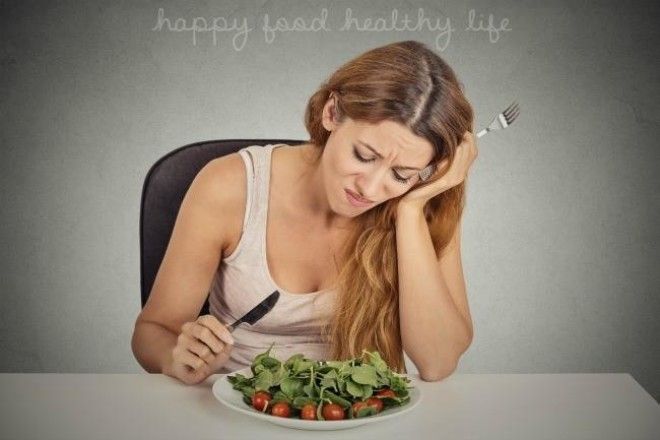
If eating has lost all its pleasure — because you’re constantly anxious about gaining weight, because you’re not sure how to calculate the calories in what you’re eating, or because you’ve come to associate eating with a body you don’t want, etc. — it might be time to pause the diet and reacquaint yourself with the joys of eating delicious food.
13. You’re planning your life around your diet.
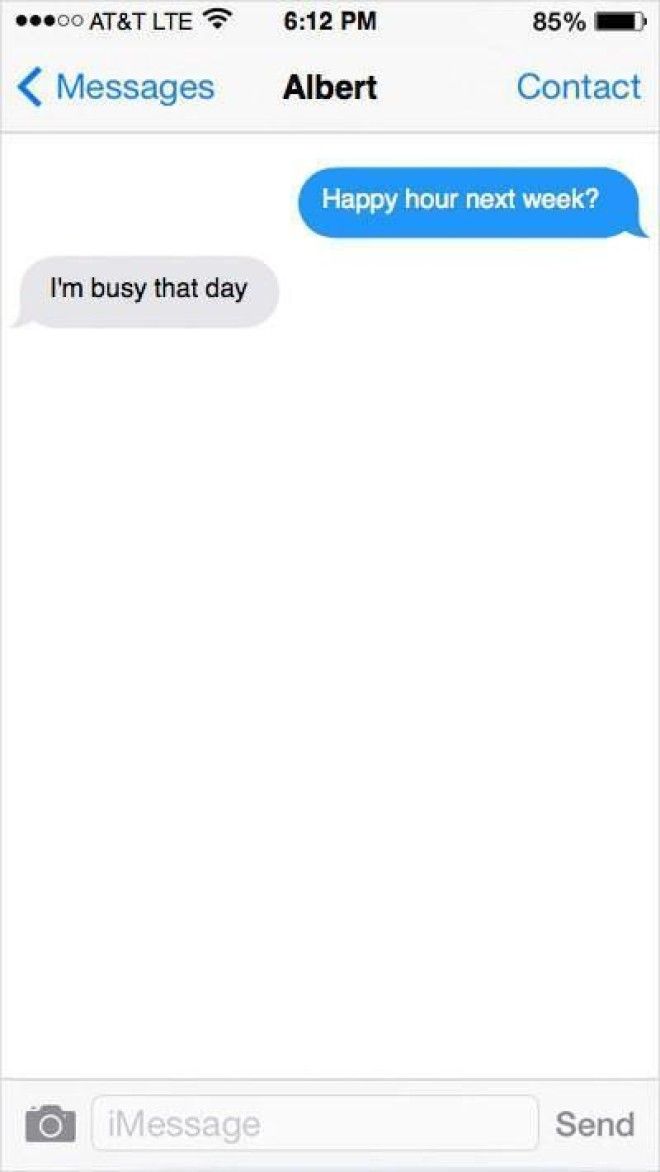
One sign a diet is controlling your life is that you plan outings and vacations around it. Maybe you obsess about scheduling social occasions around cheat days or planning vacations based on the food that will be available or exercise you’ll be able to do.
14. Your self-esteem ebbs and flows according to what the scale says.
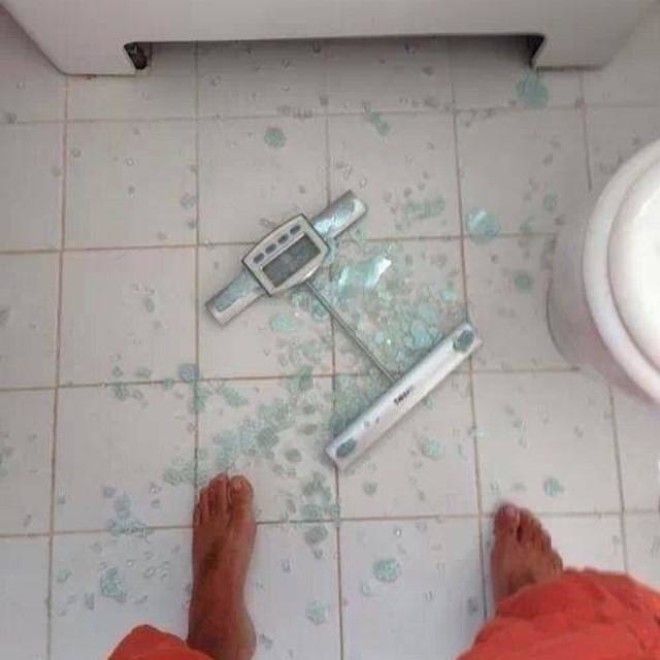
If a successful weigh-in makes you feel amazing about yourself and a bad one makes you feel devastated or incompetent or worthless, chances are your self-worth has gotten too wrapped up in your diet.
15. You’re just fucking sick of dieting.
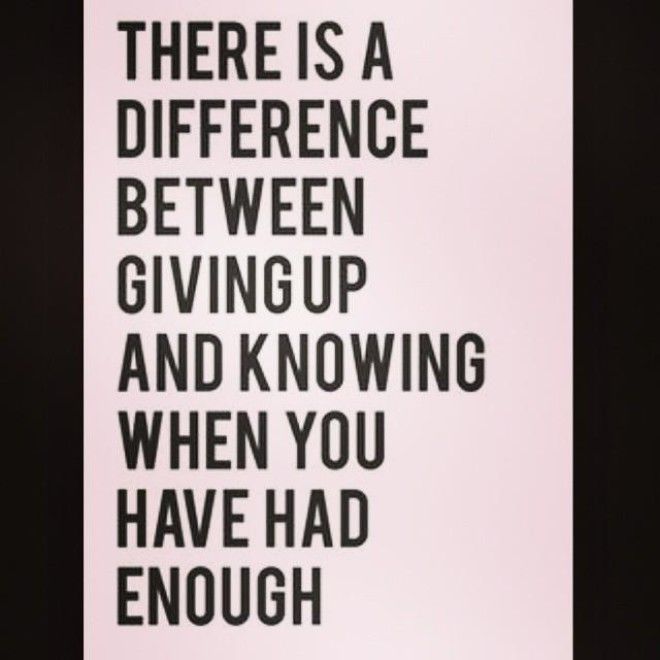
The amount of vigilance, willpower, and restriction that most traditional diets demand can be exhausting and, well, make you feel like shit. It’s okay to decide that you don’t want to do it anymore at any point. And if you simply feel 100% over it, that’s a great time to throw in the towel.
BTW if you decide it might be time to rethink your relationship to weight loss, body image, or food, there are tons of resources that can help, starting with what Pritchard recommends here.
• Retrain your mind to love your body right now.
Pritchard recommends the book Madly in Love with ME: The Daring Adventure of Becoming Your Own Best Friend. She also tells her own patients to follow Operation Beautiful’s example and start a “personal love campaign.” Write sticky notes with inspirational messages and put them everywhere. Pritchard says that if you can’t look in the mirror without thinking something terrible about your weight, cover your mirror in inspirational stickies.
• Learn about the relationship between body image, standards of beauty, and self-esteem.
Pritchard explains that for many people the motivation to lose weight comes from trying to attain the standards of beauty we see in media. She recommends educating yourself on how advertising and media impacts our self-esteem with the documentaries Killing Us Softly by Jean Kilbourne and America The Beautiful.
• Seek counseling.
There are therapists trained to help people deal with body image issues, disordered relationships with food, and self-esteem problems.

